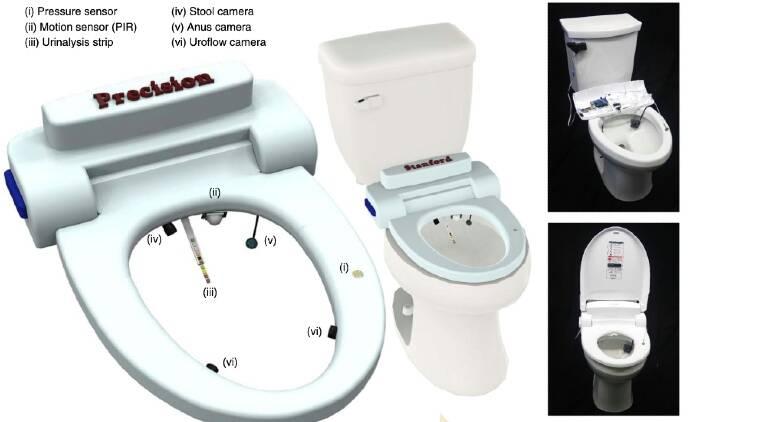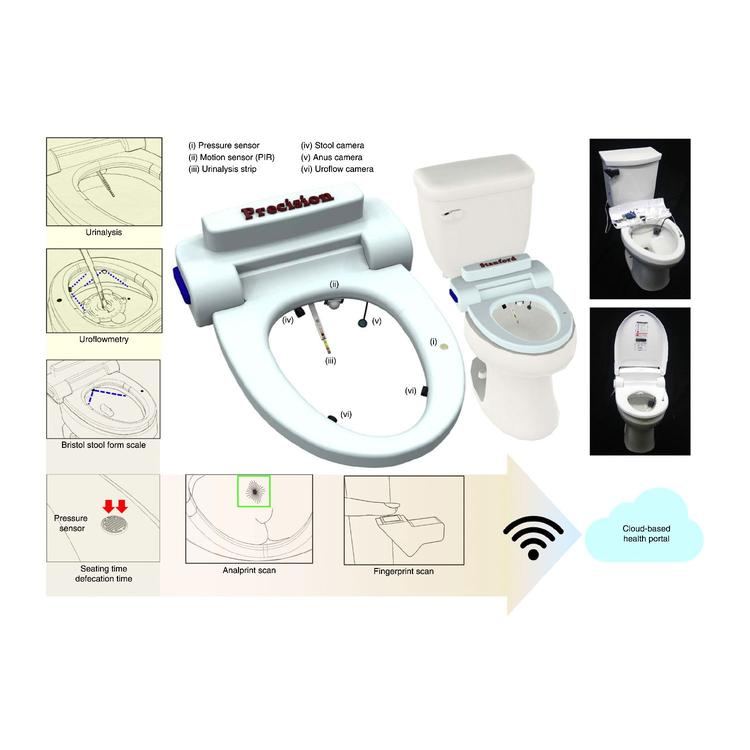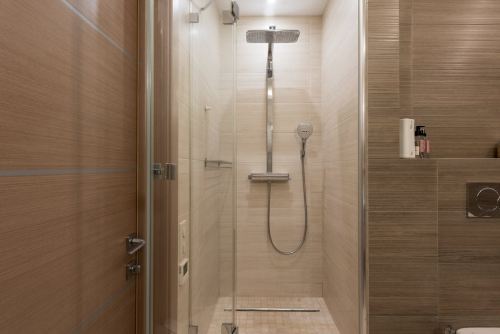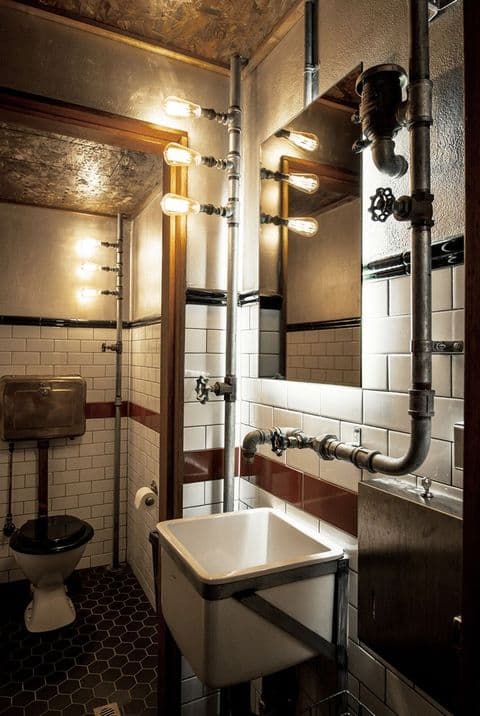Smart Toilet Could Photograph Your Poop After You Flush To Analyze Health
Researchers at Duke University have developed an artificial intelligence tool that can be fitted into regular toilets to help study a patient's stool samples and provide valuable information for gastroenterologists.
The new technology, which will be presented at Digestive Disease Week® (DDW) 2021 on May 22, takes images of stool samples within the pipe systems after a patient has had a bowel movement and flushed the toilet. Whether it's lumpy, normal, loose, constipated, or if there's blood in it, the image can be analyzed and the data used to track and manage chronic gastrointestinal health issues such as inflammatory bowel disease (IBD) and irritable bowel syndrome (IBS).

"Typically, gastroenterologists have to rely on patient self-reported information about their stool to help determine the cause of their gastrointestinal health issues, which can be very unreliable," said Deborah Fisher, MD, one of the lead authors on the study in a statement. "Patients often can't remember what their stool looks like or how often they have a bowel movement, which is part of the standard monitoring process. The Smart Toilet technology will allow us to gather the long-term information needed to make a more accurate and timely diagnosis of chronic gastrointestinal problems."
Fisher and team developed the smart toilet tool by analyzing 3,328 unique stool images they gathered from research participants and online sources. All of the images were first annotated by gastroenterologists according to a recognized standard scale used in clinical settings to classify a stool sample so that all the images had an accurate classification.
The researchers then used a deep learning algorithm they developed to scan over all of the stool images and allow the artificial intelligence system to classify each of the stool images. They found that the machine learning network tool was actually pretty accurate in its classification, and could correctly classify a stool sample 85.1 percent of the time, opening up the possibility for it to be used as a tool for monitoring gastrointestinal health.
"We are optimistic about patient willingness to use this technology because it's something that can be installed in their toilet's pipes and doesn't require the patient to do anything other than flush," said Dr Sonia Grego, a lead researcher on the study and founding director of the Duke Smart Toilet Lab. "An IBD flare-up could be diagnosed using the Smart Toilet and the patient's response to treatment could be monitored with the technology. This could be especially useful for patients who live in long-term care facilities who may not be able to report their conditions and could help improve initial diagnosis of acute conditions."



